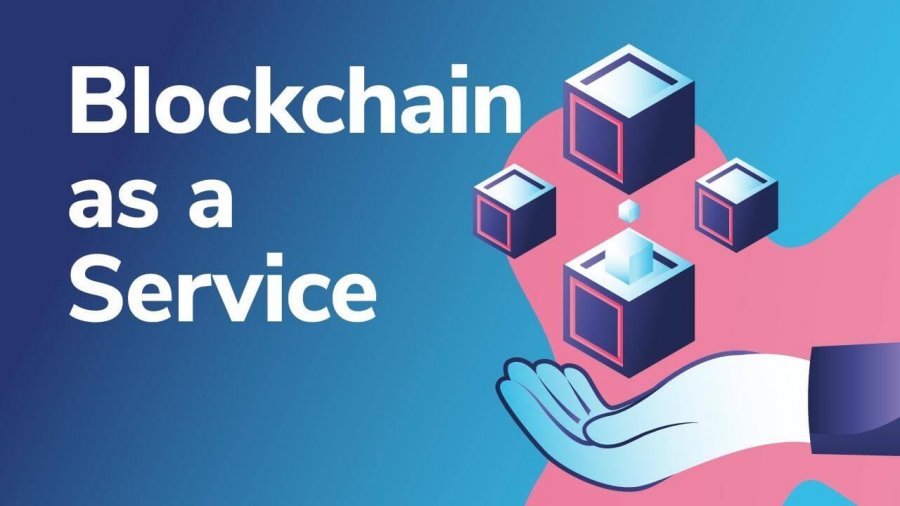This year, on average, 120 billion business emails went out every day across the world. Among them were strategic messages, direct product promotions, and service emails. With entire business communities seeking a share of the digital pie, the total number of emails is on the rise. It might only increase in the coming years as forecasted.
But that’s not all. Right now, more than 4 billion active email accounts are being used in the world. That makes two accounts for a single person on average. Considering 120 billion business emails per day, each person receives close to 100 of them a day. As a result, no one has the time to look up promotional emails. The marketing industry finds just three to five percent opens for consumer-targeted emails each day, which makes winning in the digital arena a tough ask.
Statistically, 69% recipients reject business emails based on subject lines and sender names alone.
The struggle behind contents’ relevancy begins right from the opening or subject line of an email. The meagre success rate makes it difficult for marketers to increase their budgets. A new method of personalization must be developed to capture customer loyalty. Modern content management systems need to adhere to that demand.
Boosting brand loyalty through personalized content management
A joint study found almost 63% surveyed companies were incapable of providing personalized content in real time. Some 27% felt it was not even important. However, most of the large web retailors are using automation for personalizing their content according to customer behavior patterns. Automation can be used for analyzing such patterns and fetching actionable insights. Personalization provides competitive edge in saturated markets and ecommerce is definitely one of them.
Enhanced target penetration
Your audience is targeted by numerous companies marketing similar offers and promotions. Such an expanse of options is an advantage for recipients, but not marketers. Web content management solutions must be programmed for the most relevant content to reach the prospects, grab their attention, and nurture their interest on a regular basis.
Key points:
- Personalization transcends the business-like approach of marketers and infuses the friendly appeal to keep customers engaged on a personal level.
- Focusing content management on customer-centric campaigns creates an overall positive vibe for the brand, thus improving brand image.
How to make informed decisions
Personalization requires in-depth study of customer behavior and what influences them. Such analysis requires access to intricate professional and personal data, which is simply massive. With software capabilities beginning to plug that gap, things are looking up.
Key to-dos:
- Content managers can use specific datasets about prospects to build detailed buyer personas through interactive dashboards. They are helpful for developing and sending out tailored content as well.
- Managers can use tools for analysis before strategy and implementation. It means they can prepare themselves for making informed decisions and triggering tested actions.
Modern content management systems handle campaign executions across multiple channels. But the intricately complex framework of “intelligent” content management implies advanced software development. With demand for personalized content going sky high, content management solutions should grow capable of accommodating frequent updates, using machine-learning techniques, and providing alerts intuitively.


























Leave a Reply